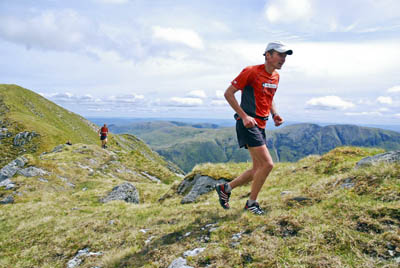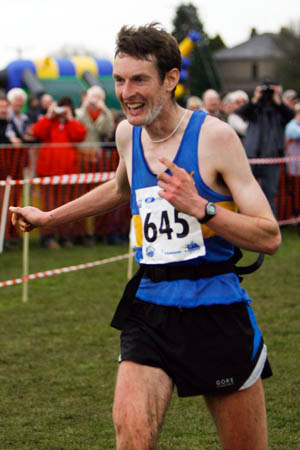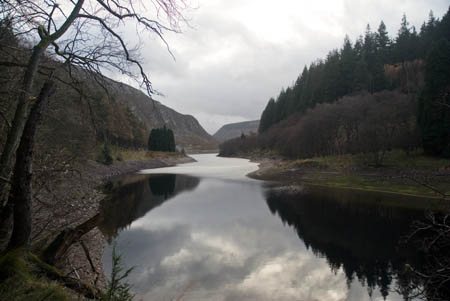Organisers of the Original Mountain Marathon will have been keeping a weather eye on the forecasts this week in the run up to the 2009 which starts tomorrow, Saturday.
Last year’s event was abandoned as torrential rain and gales swept the Borrowdale fells, spawning a series of lurid headlines as more than 2,000 runners found themselves unexpectedly at the eye of a media storm. This year’s OMM takes place in mid-Wales, in the Elan Valley.
Winners of the event last time it was completed, brothers Sean and Brendan Bolland, are missing from the elite-class list this year, but ultra-running expert Steve Pyke and rising long-distance star Jethro Lennox will start.
The OMM, which started life as the Karrimor International Mountain Marathon, is a test of stamina, fitness, navigational ability and mountaincraft and takes place over two days at different venues each year.
This year’s base will be the Royal Welsh Showground in Builth Wells. Up to 3,000 competitors are expected and they will be bussed from the showground to the start location in the hills surrounding the Elan Valley.
More than 15 nationalities will be represented in the event.

OMM entrant Steve Pyke during his aborted 2008 munro record attempt. Photo: Chris Upson
A spokesperson for the OMM said: “The ethos of the event is to be totally self-reliant throughout the event and carry all clothing, equipment, tent, sleeping bag and food for 36 hours without any outside support, GPS or cell phone.”
Seven different classes cater for different skill and fitness levels, the elite class being the longest course, with two consecutive marathon-length days each of 42km (26 miles). There will be up to 3,000m (9,843ft) of ascent.
The event has been run since 1968 and last year’s was the first in its history to be abandoned.
Organisers are dismissive of the drama surrounding the 2008 OMM, saying the dangers faced by the marathon participants were exaggerated.
The spokesperson said: “The storms and floods which occurred before and during last year’s race in the Lake District, which caused the event to be abandoned for the first time in its 42-year history and resulted in inaccurate ‘news’ headlines across the world, have led to some operational changes, although the fundamental principles and ethos of the event remain the same as they always have.
“The so-called ‘news’ was initiated by a bit of ‘citizen reporting’ from a local businessman, presumably for self publicity purposes and he made provocative statements about the safety of our runners.

Glasgow-based Jethro Lennox will take part
“Within hours we had several outside broadcast satellite news units around us.”
One of the problems organisers faced was an isolation, in their valley-bottom position, from general communications and an unawareness of the storm enveloping the event. This year, the OMM has put in place better press and view information backed by a satellite communication company.
The spokesperson also pointed out that £7,000 was raised for Lake District mountain rescue teams by entrants and supporters.
It is unfair, he said, to compare the OMM with charity events, many of which provide customers for mountain rescue teams. “There is sometimes an assumption that we are like a charity event; we are not a charity event.
“However, much as we admire the public-spirited nature of the participants, we have the observation that many of them do something different each year which doesn’t build the skills, experience and resulting judgment necessary for our event.
“All our participants are carefully vetted for skills and experience bearing in mind that a team of two adds very much to the safety factor.”
The ban on the use of GPS will stay. Organisers said: “The original reason we decided not to allow GPS was that we considered it should be a test of navigation using original methods.
“However, the experience of seeing GPS used on the hills generally leads us now to a firm belief that forbidding the use of GPS adds to the safety of the event. This is because an understanding of map contours and other important symbols and their relationship with the physical topography is vital for participants.”
Peter Tyldesley, a former director of countryside and land management for the Brecon Beacons National Park Authority, who competed in the OMM score-class in 2008, said: “As many commentators have said more eloquently than I can, the OMM represents the last vestiges of a spirit of self-reliance that the British used to be famous for. We must defend those last vestiges at all costs.”
More details of the event can be seen on the OMM website.

![[CC-2.0]](/lib/img/layout/cc-attr.gif)